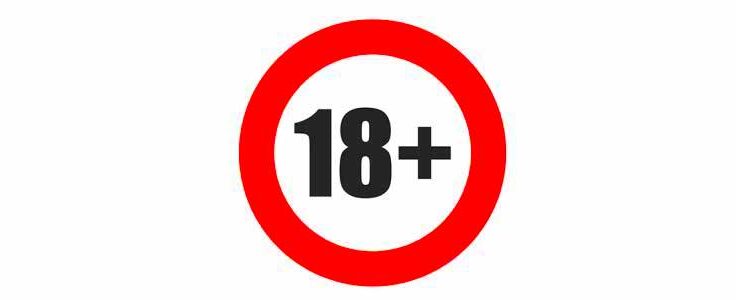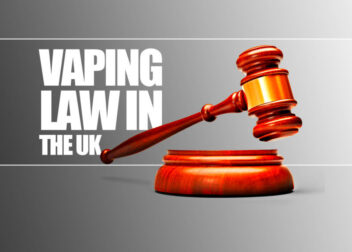Age Restrictions on Vape Sales in Arkansas
Vaping has become a popular alternative to smoking, especially among younger individuals. However, with its rising popularity, concerns about health effects and addiction have emerged. This has led to the implementation of age restrictions on vape sales across various states, including Arkansas. In this blog post, we will explore the current legal age for purchasing vapes in Arkansas, how these restrictions impact youth vaping rates, and why they are important for public health.
Current Legal Age for Purchasing Vapes in Arkansas
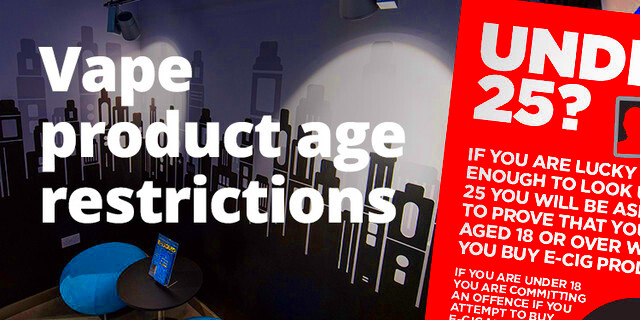
In Arkansas, the legal age to purchase vape products is 21 years old. This regulation applies to all forms of vaping products, including e-cigarettes, vape pens, and e-liquids. The law was enacted to prevent minors from accessing these products and to reduce the risk of nicotine addiction among young people.
The legislation reflects a broader trend across the United States, as many states have raised the minimum age for tobacco and vaping products to 21. Here are some key points regarding the current legal age:
- The law took effect on January 1, 2020.
- Retailers must verify the age of customers before selling any vape products.
- Penalties may apply to retailers who fail to comply with age verification requirements.
Impact of Age Restrictions on Youth Vaping Rates
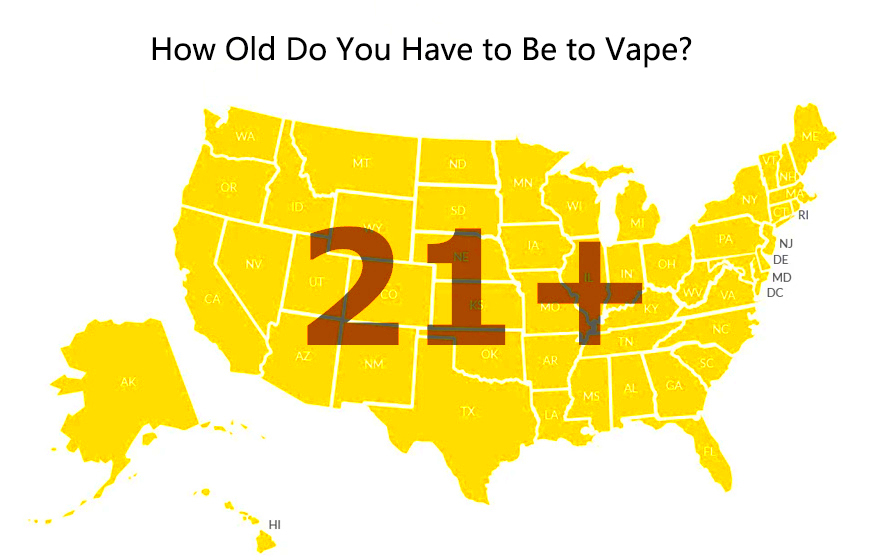
Implementing age restrictions on vape sales is crucial for addressing the growing concern of vaping among youth. Research indicates that these regulations can have a significant impact on reducing vaping rates among teenagers. Here’s how:
- Reduction in Access: By raising the legal age to 21, fewer young individuals can easily purchase vape products.
- Decreased Appeal: The perception of vaping as an adult activity may decrease its appeal among younger audiences.
- Awareness Campaigns: Age restrictions often come hand-in-hand with public awareness campaigns that educate young people about the risks associated with vaping.
According to recent studies, states that have enforced age restrictions have seen a noticeable decline in vaping rates among high school students. This trend emphasizes the importance of these laws in safeguarding youth health and preventing nicotine addiction.
Comparing Arkansas Regulations to Other States
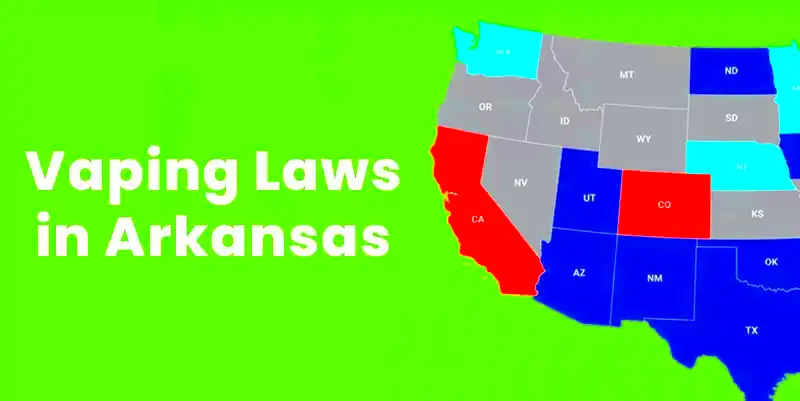
When we look at age restrictions on vape sales, Arkansas isn’t alone. Many states have recognized the need to regulate access to vaping products, especially for younger individuals. However, there are variations in the laws across the country. Let’s dive into how Arkansas compares to other states regarding vape sale regulations.
Here’s a quick overview of some states with similar and differing regulations:
| State | Legal Age for Purchase | Notes |
|---|---|---|
| Arkansas | 21 | State law implemented in 2020. |
| California | 21 | Strict enforcement and public health campaigns. |
| Texas | 21 | Similar regulations with penalties for non-compliance. |
| New York | 21 | High taxes on vape products to discourage use. |
| Ohio | 18 | Lower age limit compared to Arkansas. |
As you can see, most states have raised the legal age to 21. However, Ohio still allows 18-year-olds to purchase vape products. This difference highlights the varying approaches states take in addressing the vaping issue. Arkansas’s regulations align with a growing national trend aimed at protecting public health.
Enforcement of Age Restrictions by Retailers
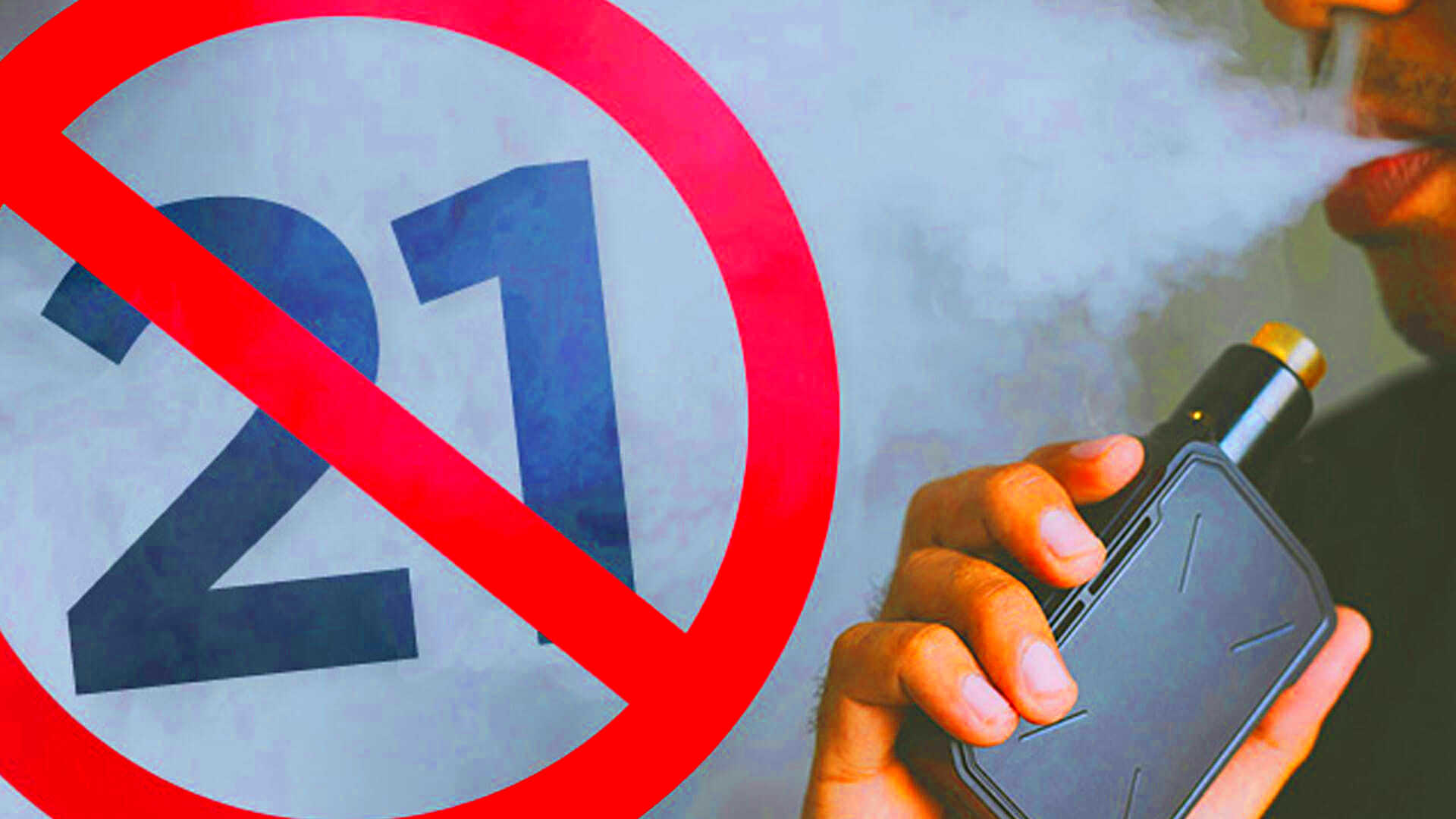
Enforcement of age restrictions is vital for the effectiveness of vape regulations. Retailers play a key role in ensuring that only those who meet the legal age can purchase vaping products. But how do they enforce these laws?
- Age Verification: Retailers must ask for a valid form of ID before completing a sale. Acceptable IDs include driver’s licenses, state IDs, and passports.
- Training for Employees: Many retailers provide training for employees on how to properly check IDs and recognize fake identification.
- Compliance Checks: State agencies often conduct undercover operations to check whether retailers are adhering to the law.
While most retailers understand the importance of these regulations, there are still cases of non-compliance. Therefore, ongoing training and awareness are essential to keep everyone accountable. This not only protects youth but also helps businesses avoid penalties.
Penalties for Violating Vape Sale Regulations
What happens if a retailer fails to comply with age restrictions for vape sales? Penalties can vary widely depending on the severity of the violation. Let’s break down some common consequences:
- Fines: Retailers can face significant fines for selling vape products to minors. These fines can range from a few hundred to several thousand dollars, depending on the state.
- License Suspension: Repeated violations may result in the suspension or revocation of the retailer’s license to sell tobacco or vaping products.
- Legal Action: In extreme cases, legal action can be taken against the retailer, leading to further financial repercussions.
These penalties serve as a deterrent for retailers considering violating age restrictions. It’s essential for businesses to prioritize compliance not just to avoid penalties, but also to contribute to a healthier community. After all, protecting young people from the risks associated with vaping is a shared responsibility.
Public Awareness and Education Campaigns
Public awareness and education campaigns play a critical role in the fight against youth vaping. It’s not just about enforcing laws; it’s also about informing both young people and their parents about the risks associated with vaping. Arkansas has taken several steps to ensure that the community is well-informed.
Here are some key components of these campaigns:
- School Programs: Many schools in Arkansas have implemented educational programs that discuss the dangers of vaping. These programs aim to equip students with the knowledge they need to make informed choices.
- Community Outreach: Local health departments often organize community events to raise awareness. These events include free workshops and informational sessions for both parents and teens.
- Social Media Campaigns: Utilizing social media platforms, state agencies share facts and personal stories that highlight the potential risks of vaping. Engaging content helps reach a wider audience.
These campaigns focus on the following objectives:
- Reducing the stigma around asking questions about vaping.
- Encouraging parents to have open conversations with their children.
- Promoting healthier lifestyle choices among youth.
Ultimately, raising awareness can help shift perceptions around vaping, making it less appealing to young individuals. Education is a powerful tool in preventing addiction.
FAQs About Vaping Age Restrictions in Arkansas
It’s natural to have questions about the age restrictions on vaping products in Arkansas. Here are some common queries people often have:
- What is the legal age to buy vape products in Arkansas? The legal age is 21 years old.
- Are there any exceptions to this rule? No, there are no exceptions; all individuals must be 21 to purchase vape products.
- How do retailers verify age? Retailers must check valid forms of ID, such as driver’s licenses or passports.
- What penalties do retailers face for selling to minors? Retailers may face fines, suspension of their selling license, or even legal action for repeated violations.
- Are there any initiatives to help educate young people? Yes, various campaigns and school programs are in place to educate youth about the risks of vaping.
If you have further questions, it’s always best to consult local health departments or legal resources to get the most accurate information.
Conclusion on Age Restrictions and Their Importance
In conclusion, age restrictions on vape sales in Arkansas serve as an essential measure to protect the health of young individuals. With the rising popularity of vaping, especially among teens, it is more important than ever to implement these laws effectively.
Age restrictions help:
- Reduce access to nicotine products among youth.
- Lower the rates of addiction to vaping.
- Encourage healthier lifestyle choices.
Moreover, public awareness and education campaigns enhance the effectiveness of these laws by informing the community about the risks associated with vaping. When everyone—retailers, parents, and youth—understands the implications of vaping, it creates a stronger barrier against its use among minors.
Ultimately, supporting age restrictions is not just about following the law; it’s about ensuring a healthier future for our young people. Together, we can create a safer environment that prioritizes their well-being.
